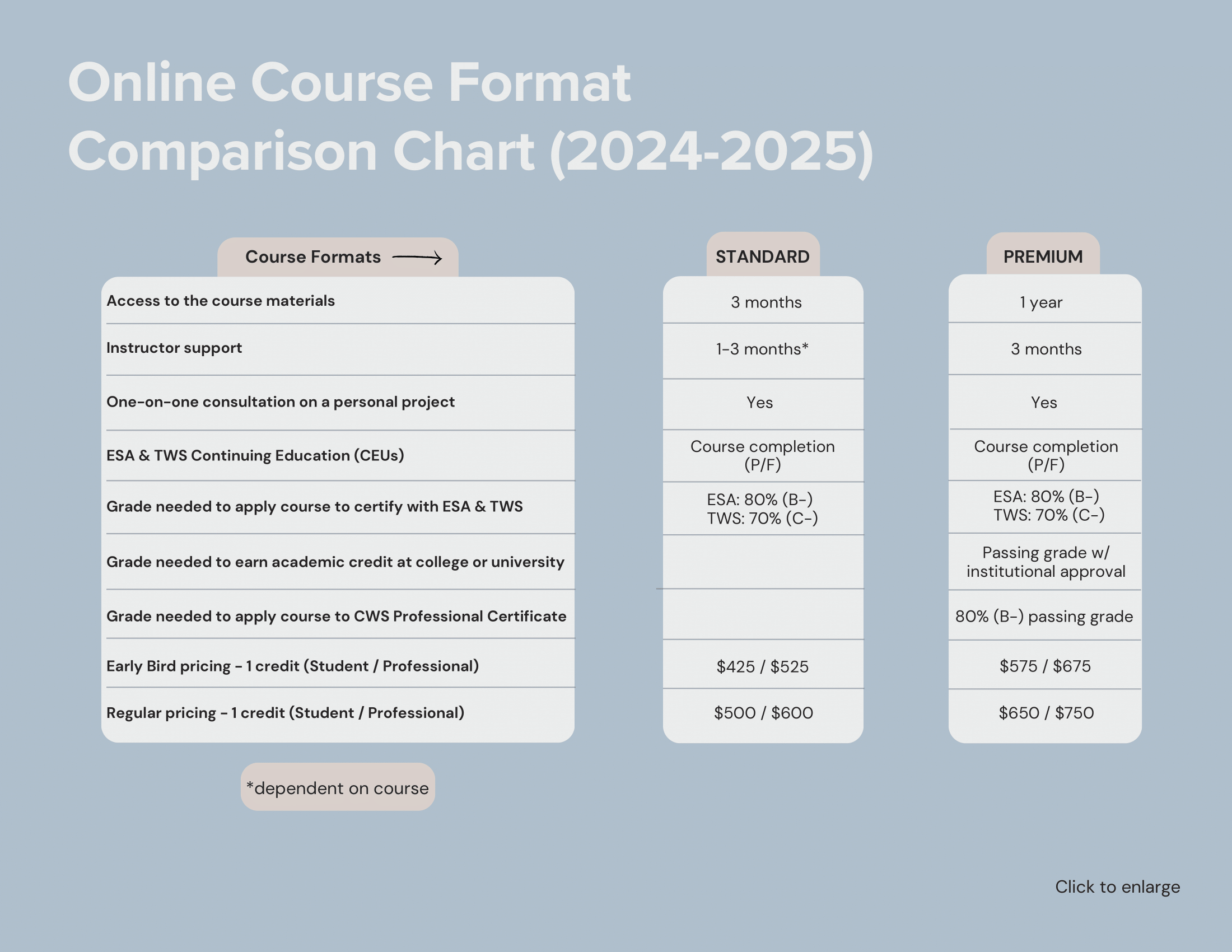Writing about Research for Impact & Influence
-
Effective science communication has long held the power to reshape our world by driving changes in policy and public opinion. As society struggles with pandemic effects, anthropogenic climate change, and dwindling biodiversity, there is an acute need for scientist–communicators who can effectively convey the spectacular power of research to address these obstacles. In this course, early-career researchers will learn skills for high-impact, immediate engagement with readers, including decision-makers, colleagues, and members of the lay public. Unlike traditional writing courses, this course is focused on capturing audience attention in concrete ways that compel action, using common professional formats such as op-eds, memoranda, press releases, one-pagers, and blog entries. The workshop-driven program also includes instruction on publishing mechanics, covering topics such as pitching your work to editors, establishing an online presence, and achieving proficiency with graphic design fundamentals.
This online course consists of pre-recorded lectures, each of which has an associated short writing assignment. Students will meet live each week with the instructor for a small-group workshop in which they will share and critique each other’s work (see schedule under DATES).
-
Course opens April 1 and closes June 22
Live instruction: Thursdays April 3 - May 8, 2025
early bird ends March 2nd
*Early bird saves $75
-
None
-
Week 1:
Science Blogging: Taking advantage of existing platforms, as well as setting up your own.
Week 2:
One Pagers: Using online tools to design eye-catching flyers and infographics.
Week 3:
Press Releases: Writing for newswires and science journalism outlets, with additional information on working with institutional communications professionals to help promote your work.
Week 4:
Media: Getting set up, finding your voice, and having an impact (even if your existing following is small).
Week 5:
Op-Eds and Commentaries: Persuasive writing for the general public and policymakers.
Week 6:
Memoranda: Writing to drive decision-making within your organization.
Synthesis: Bringing the course's approach to bear on other forms of writing and positioning yourself to say "yes" when there's an opportunity to write.
COURSE OPTIONS & INFORMATION (Review chart above, then click below)
-
FORMAT:
3 months of access to course materials as you work at your own pace
Get live instructor support via group meetings, email, discussion threads, and one-on-one appointments
After working through the course materials, set up an optional meeting with the instructor to discuss your own personal project from work or school
CONTINUING EDUCATION:
16 CEUs with The Wildlife Society
4 CEUs in Category I(a): Scientific Education and Training with the Ecological Society of America
Go to our Continuing Education Page for more details
CERTIFICATIONS:
Earn 1 credit toward certification as an Associate/Certified Wildlife Biologist® with The Wildlife Society
-
FORMAT:
12 months of access to course materials as you work at your own pace
Get instructor support for the 3-month term via email, discussion threads, group meetings, and one-on-one appointments
CONTINUING EDUCATION:
16 CEUs with The Wildlife Society
4 CEUs in Category I(a): Scientific Education and Training with the Ecological Society of America
Go to our Continuing Education Page for more details
CERTIFICATIONS:
Earn 1 credit toward certification as an Associate/Certified Wildlife Biologist® with The Wildlife Society
Earn 1 credit towards a professional certificate in Conservation Planning with CWS
ACADEMIC CREDIT:
Earn 1 academic credit (go to our Academic Credit Page for details)
Earn an additional 1-2 academic credits with an Applied Project
PRIMARY INSTRUCTOR
PROMOTIONAL VIDEO
This is course is being offered in partnership by AIBS and CWS.
“I not only found the Writing About Research course helpful but also enjoyed it immensely. James was a great teacher and provided the resources I needed to reach new audiences beyond the academy. I received templates that were easy to use, clear and constructive feedback, and timely and up-to-date information. An unexpected bonus was reading about the other participants’ research - it was always so interesting. I have recommended the course to other scholars and will continue to do so. Thanks, James!”
Roberta Howard Hunter
Postdoctoral Research Associate, Michigan State University
“Writing about Research for Impact & Influence is a unique course and I was so excited when I first saw it as I just knew it would be beneficial to me – and it really was! You can tell a lot of time and effort went into planning and preparing the modules. As someone who gets very nervous about “live” sessions, this was a perfect balance of being enjoyable and valuable, but not intimidating. James is great and you don’t get ‘put on the spot’ and, aside from sharing your work, you can contribute as much or as little as you want to the discussion. I have applied something from every single module to my job already. Would highly recommend.”
Lisa Olivier
Conservation Behaviour Advisor, Game Rangers International
SCHOLARSHIPS
Full scholarships are available to participants from countries designated as “lower income” and “lower middle income” in the World Bank List of Economies. Please see our CWS World Scholars Program page for details.
CANCELLATION POLICY
Cancellations 30 days or more before the start date are not subject to cancellation fees. Cancellations <30 days before the start date are subject to a 50% cancellation fee.







